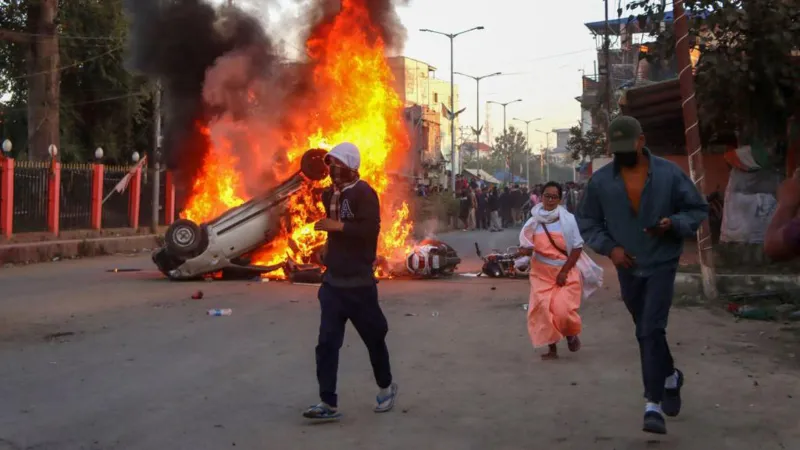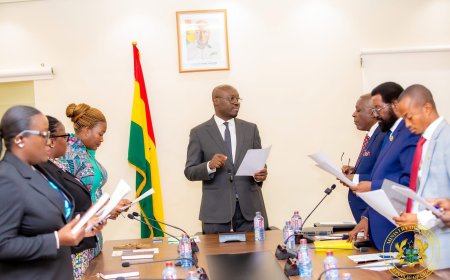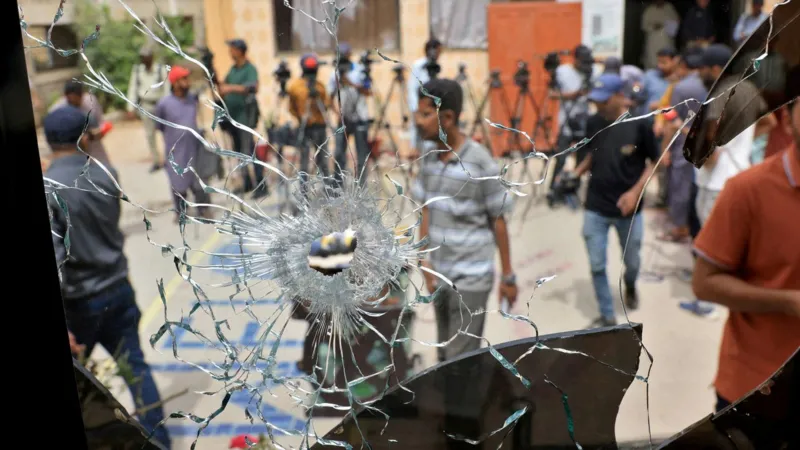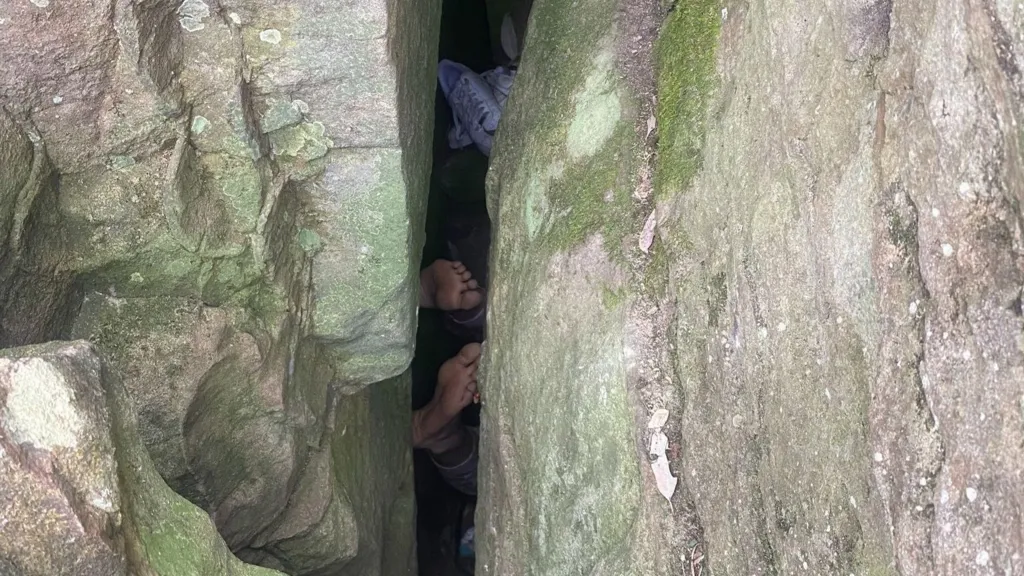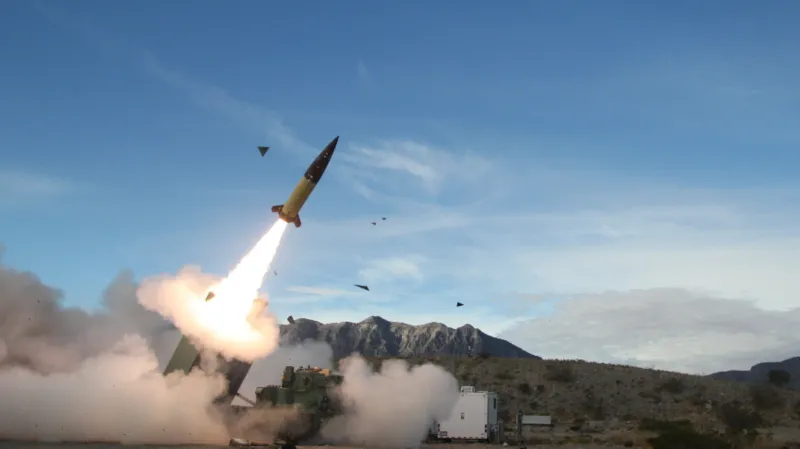On Saturday, protesters ransacked and torched the houses and offices of at least a dozen lawmakers, mostly from the state's governing Bharatiya Janata Party (BJP).
Police have arrested 23 people in connection with the violence and authorities have imposed an indefinite curfew and have suspended internet services in Meitei-dominated Imphal Valley and Bishnupur district.
In the wake of the unrest, the federal government has rushed top security officials to the state. Federal Home Minister Amit Shah chaired a high-level security meeting on the situation on Sunday, but the state remains on edge.
At least 20 people - both Kukis and Meities - have died in flare-ups that have erupted between the two ethnic groups this month.
Tensions began on 7 November, after members of an armed group allegedly raped a woman, who reportedly belonged to the Kuki community, and set her on fire in the state's Jiribam district.
Four days later, a police station and relief camp housing Meitei refugees in the area was attacked. The majority community blamed Kuki groups for the assault.
Police on the same day shot dead 10 suspected militants in what they said was a shoot-out, also known as an "encounter" in India.
Police alleged that the armed men were suspected Kuki militants, but Kuki organisations deny this and claim that the individuals were "village volunteers" - or armed civilians protecting the community.
Following the attack on the relief camp, six inhabitants - a grandmother, her two daughters and three grandchildren - went missing. Meitei groups alleged that they were abducted by armed Kuki men when they had attacked the area.
On Friday, police reportedly recovered six bodies - and though they have not confirmed their identities, some Indian media reports say they are that of the missing persons.
Protesters and civil society groups in the region are demanding that authorities put an end to the violence and take firm action against armed groups.
Clashes between the Kukis and Meiteis erupted in May last year - they were sparked by Kuki protests against demands from Meiteis to be given official tribal status, which would make them eligible for affirmative action and other benefits.
Since then, the state has witnessed months of violence and unrest, with only sporadic moments of calm.
Today, Manipur is divided into two camps, with Meiteis inhabiting the Imphal Valley and Kukis living in the surrounding hill areas. Borders and buffer zones guarded by security forces separate the two regions.
Source: BBC
